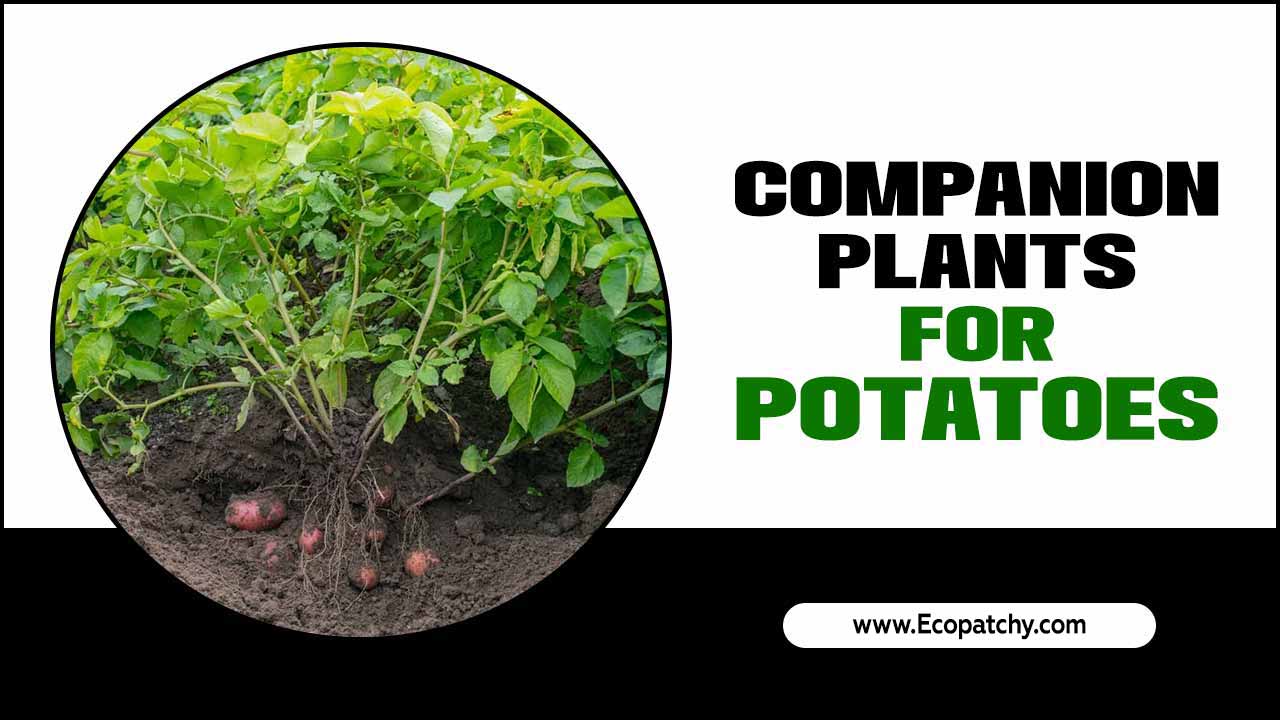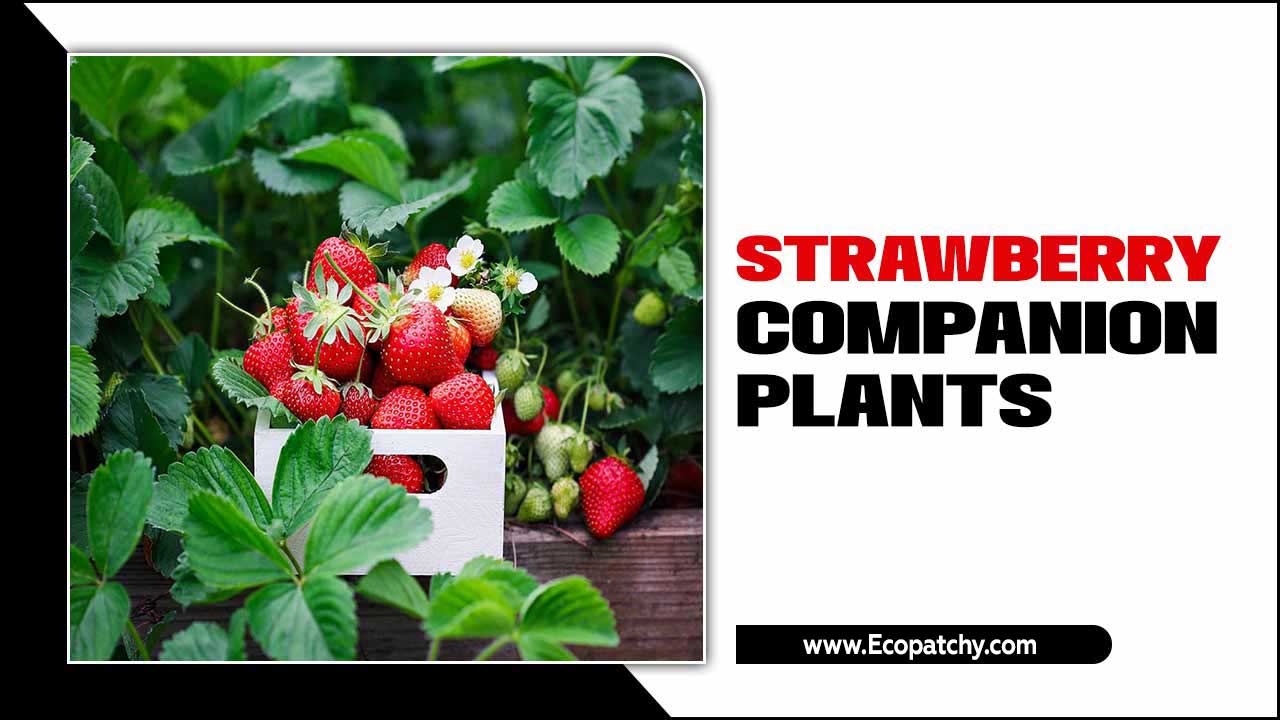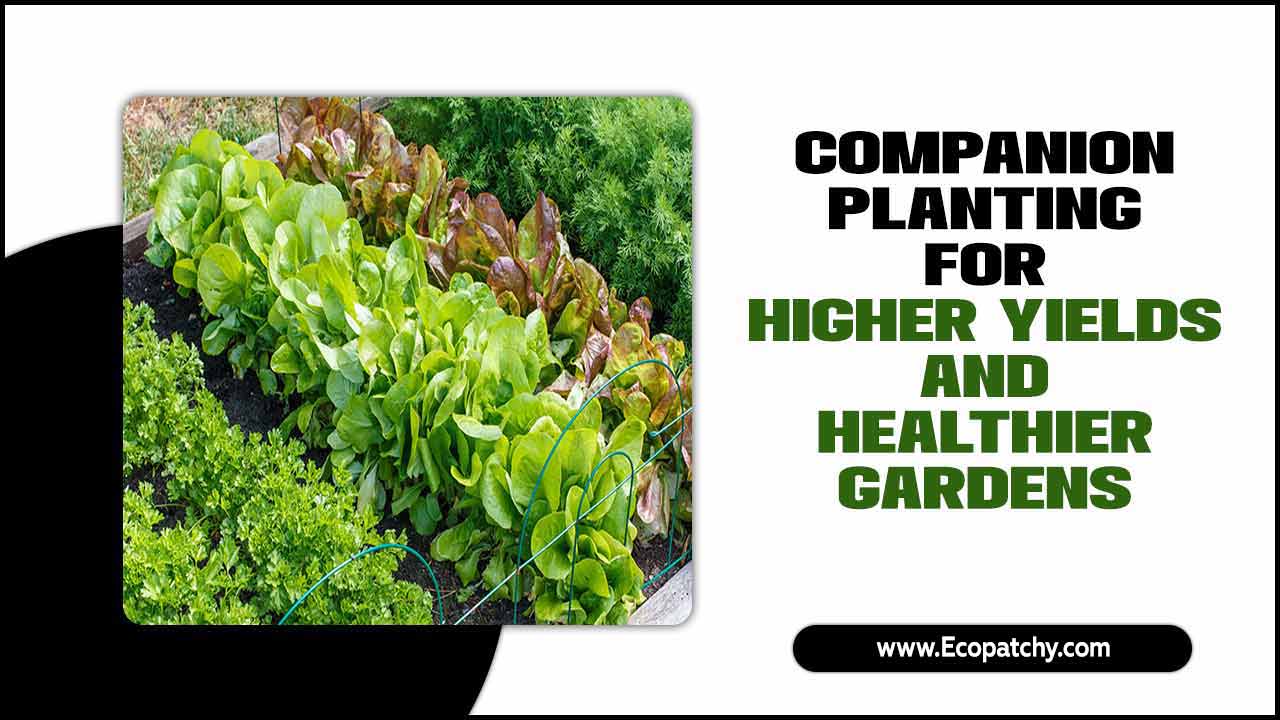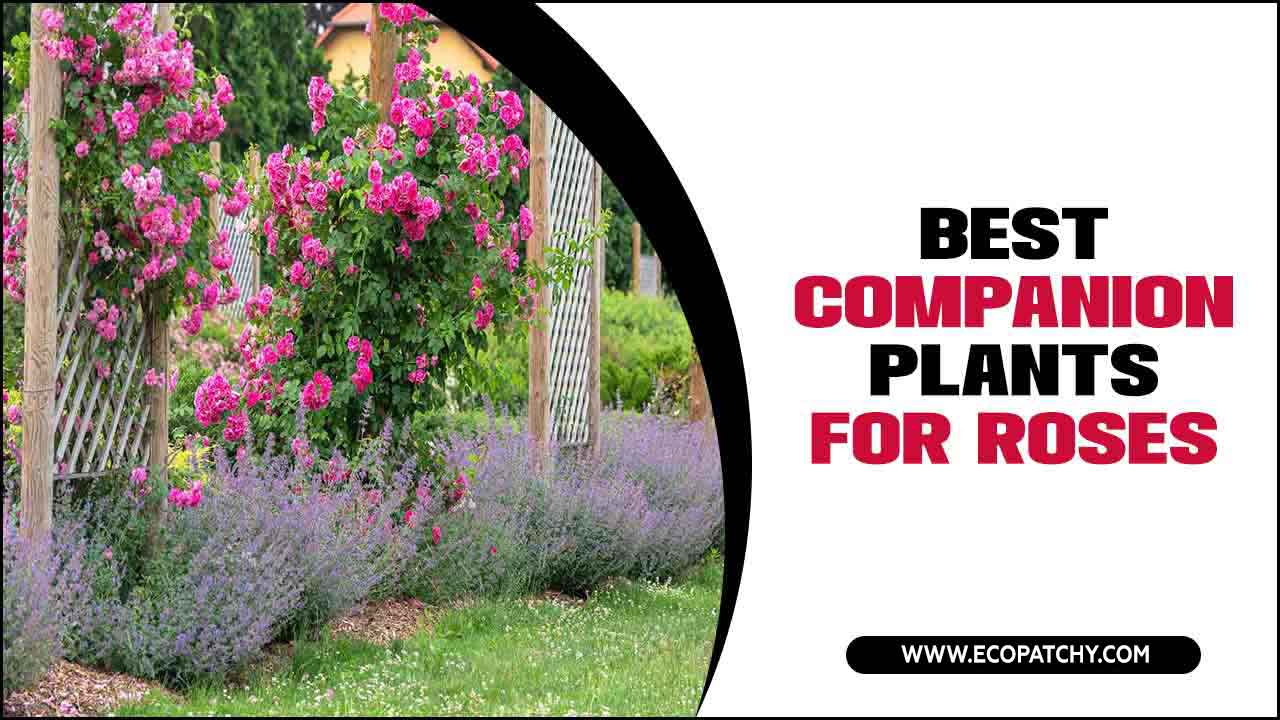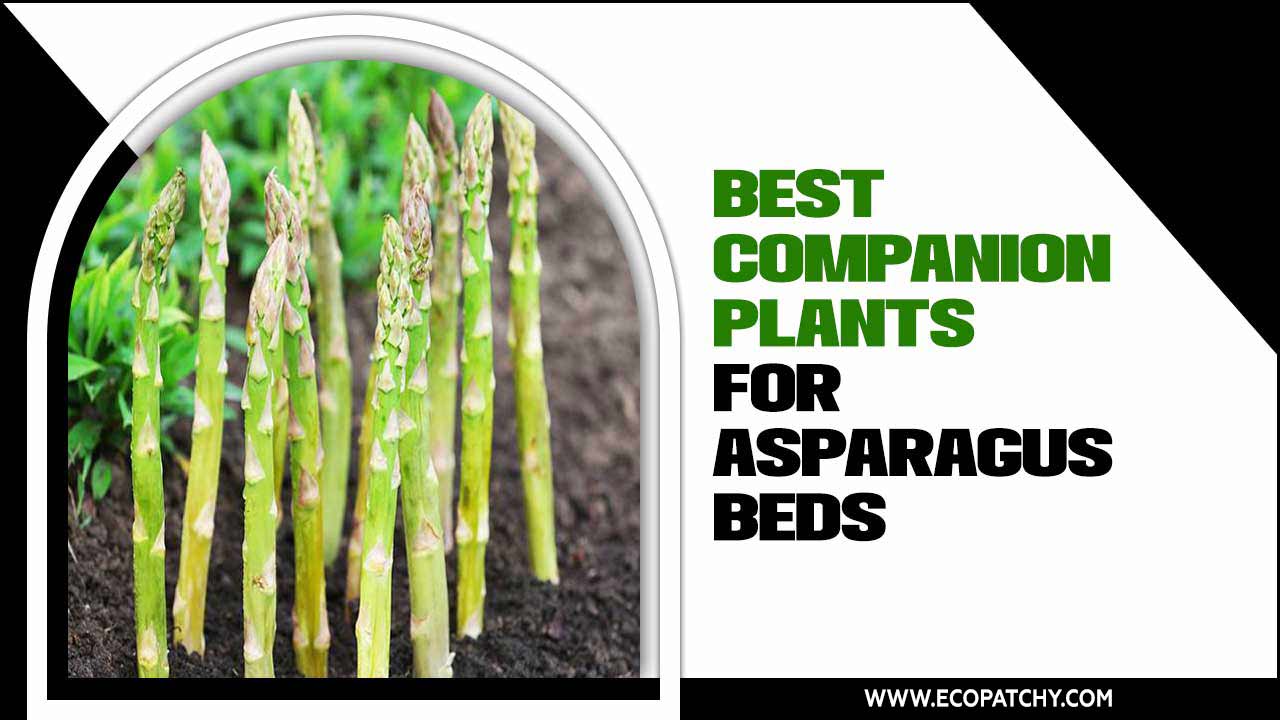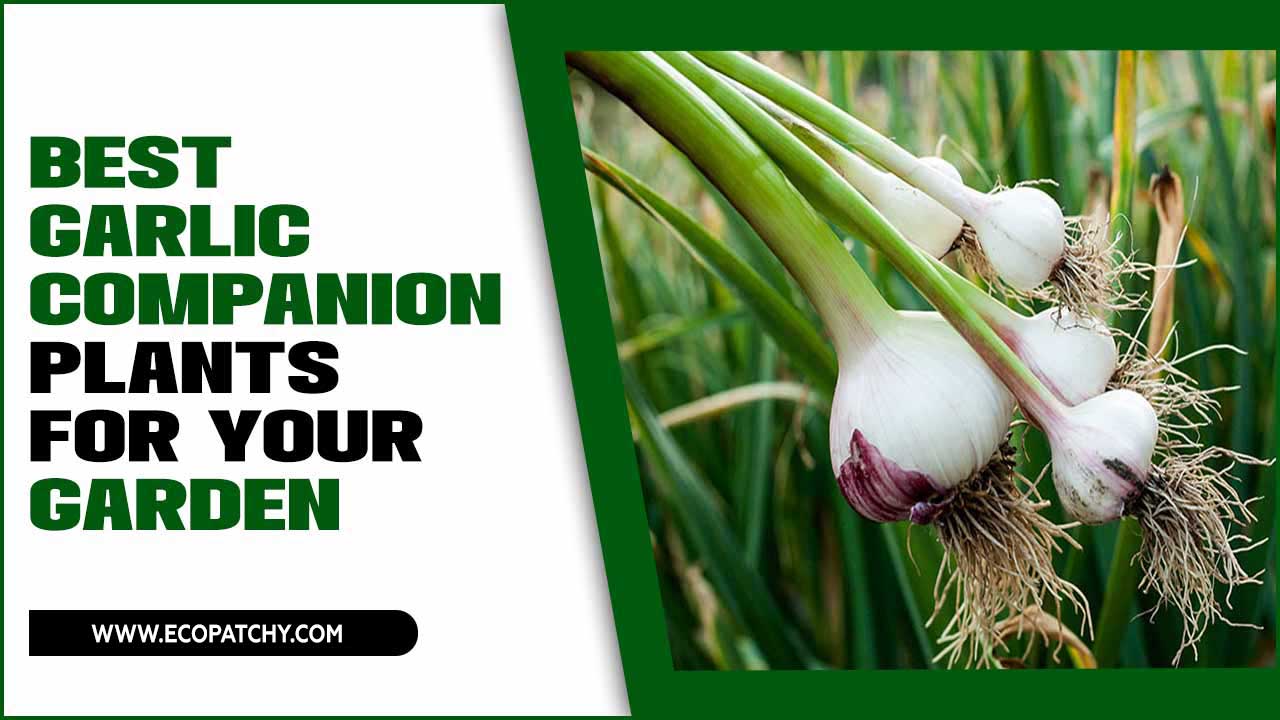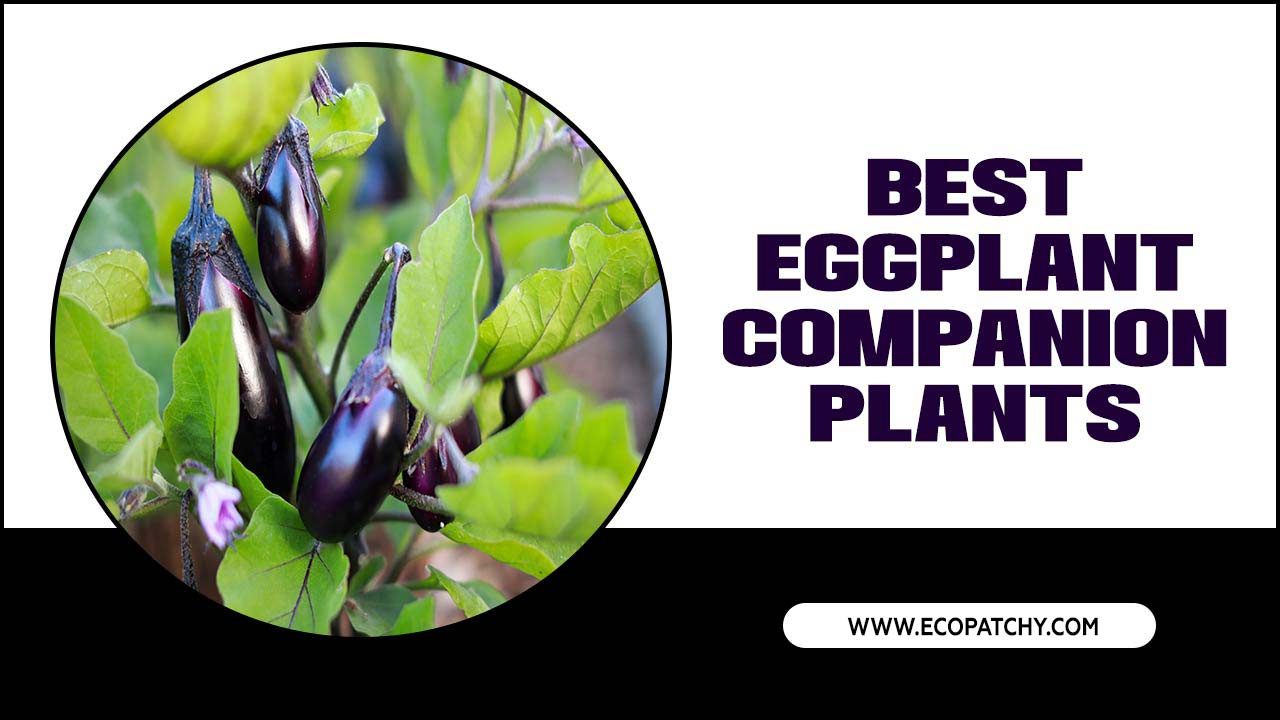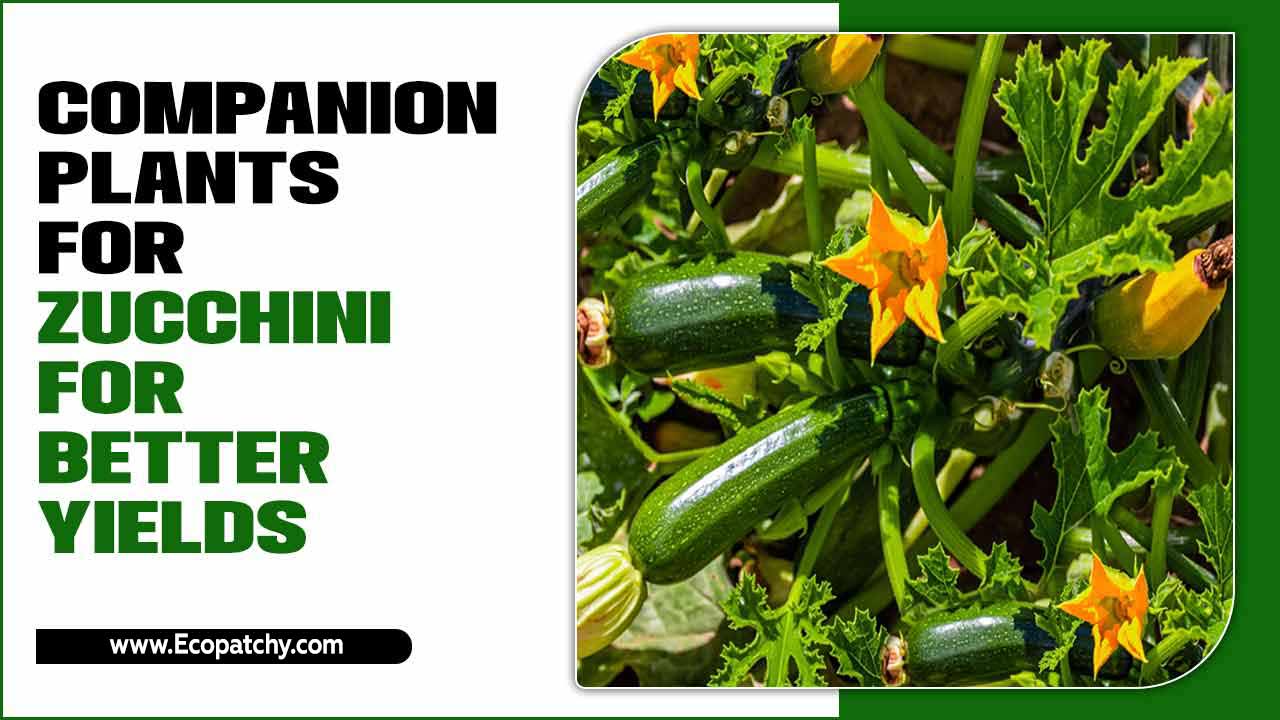Companion planting has been a popular gardening technique for centuries, with the aim of maximizing yields and improving plant health. The concept is simple yet effective – by strategically planting certain plants together, they can benefit from each other’s presence, leading to a more bountiful harvest.
Gardeners and farmers have widely used this practice to promote natural pest control, attract beneficial insects, and enhance soil fertility. Among the various vegetables grown in gardens, peppers are a favourite for their vibrant colours, versatile flavors, and nutritional value.
However, growing peppers can be a bit tricky and often requires extra care and attention. This is where companion planting comes in. We will delve into the world of companion planting peppers in the garden for better harvests.
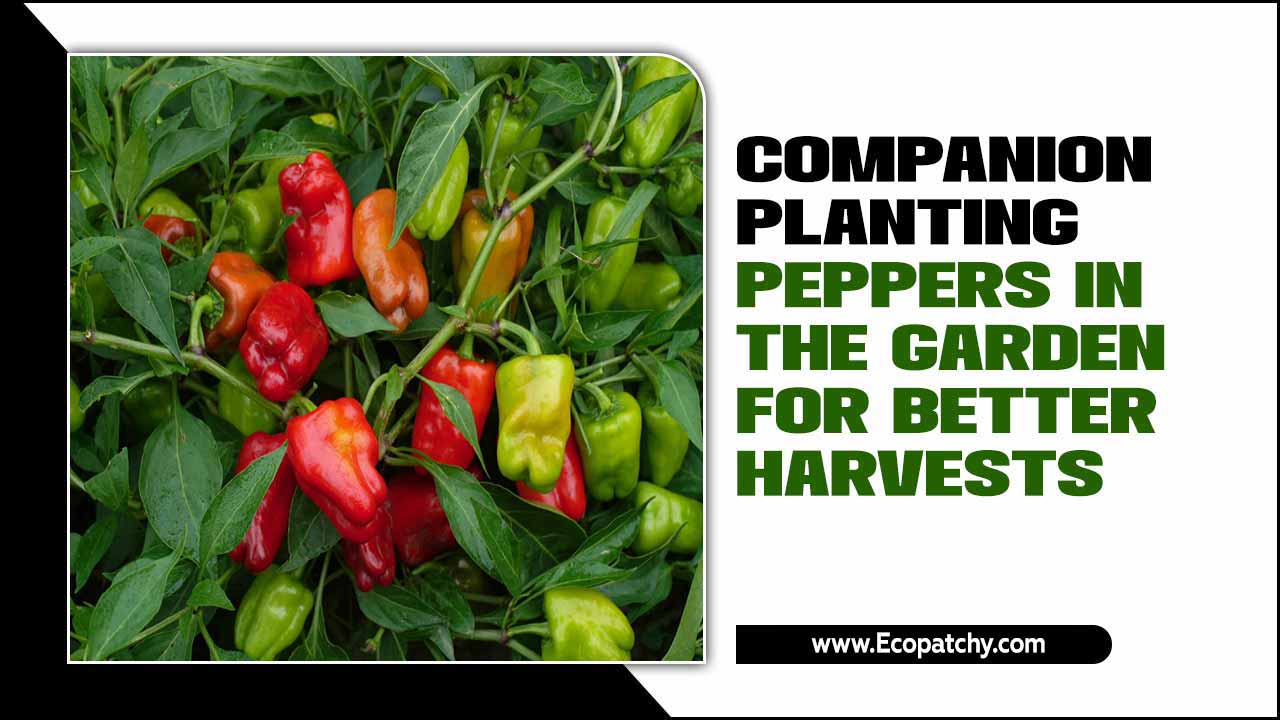
15 Best Companion Plants For Peppers: Companion Planting Peppers In The Garden For Better Harvests
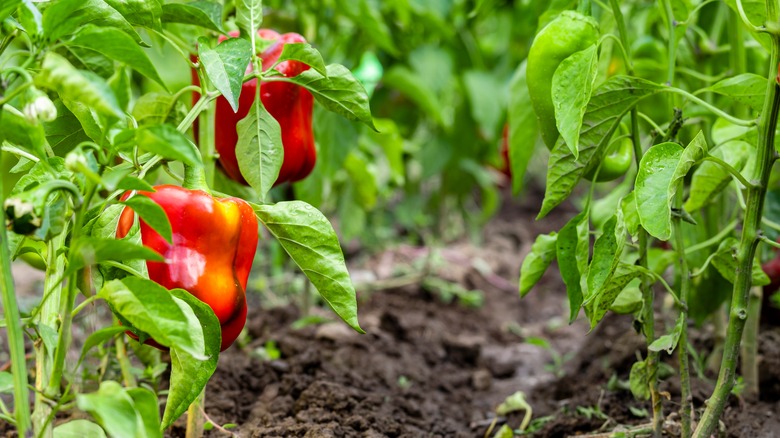
Companion planting is a well-known practice in the gardening world, popular for its ability to enhance the growth and productivity of plants. When it comes to peppers, understanding the concept of companion planting becomes even more crucial.
Knowing which plants thrive alongside peppers can significantly improve their overall health and yield. Companion plants provide a range of benefits to peppers. They can attract beneficial insects that help in pollination and control pests. Here, we will give you 15 companion planting peppers in the garden for better harvests.
1.Alyssums
Alyssums are highly regarded as companion plants for peppers in the garden due to their numerous benefits that contribute to better harvests. These delicate and colourful flowers not only add aesthetic appeal to the garden but also play a significant role in enhancing the growth and productivity of pepper plants.
One of the key advantages of planting alyssums alongside peppers is their ability to attract beneficial insects. Alyssums produce a sweet fragrance that attracts pollinators like bees and butterflies, which are vital for the fertilization of pepper blossoms. By increasing pollination rates, alyssums significantly enhance fruit sets and ensure a bountiful harvest of peppers.
2.Basil

Basil is an excellent choice as a companion plant for peppers in the garden, as it can greatly enhance the overall health and productivity of your pepper plants. This aromatic herb not only adds a delightful flavour to culinary dishes but also provides numerous benefits to nearby pepper plants.
First and foremost, basil acts as a natural deterrent for common pests that often plague pepper plants, such as aphids and spider mites. Its strong scent helps to repel these harmful insects, reducing the risk of infestations and the subsequent damage they can cause.
3.Beets
Regarding to maximizing the harvest of peppers in your garden, considering companion plants is a wise decision. One such companion plant that works exceptionally well with peppers is beets. Beets are not only a delicious and nutritious vegetable but also an excellent addition to the garden because of their ability to enhance the growth and productivity of peppers.
Beets and peppers have similar growth requirements, making them compatible companions in the garden. Both plants thrive in well-drained soil with a pH level between 6.0 and 7.0. They also prefer full sun exposure, making it easy to plant them side by side. Additionally, beets have shallow roots, which allows them to coexist with peppers without competing for nutrients and water.
4.Carrots

When planning your garden, it is essential to consider the concept of companion planting to maximize your crop yields. One such beneficial pairing is the combination of carrots and peppers. Carrots and peppers are not only delicious additions to any meal, but they also thrive when planted together in the garden.
Carrots, a root vegetable, have a deep, well-established root system that helps to break up compacted soil, allowing for better water and nutrient absorption. This creates an ideal growing environment for peppers, which prefer loose, well-drained soil. Additionally, the tall, feathery foliage of carrots acts as a natural shade and windbreak for the delicate pepper plants, protecting them from harsh sun and strong gusts.
5.Chard
Regarding maximizing the productivity of your pepper plants in the garden, choosing the right companion plants is essential. One such plant that can greatly benefit the growth and yield of peppers is chard. This leafy green vegetable, known for its vibrant colours and nutritional value, serves as an excellent companion for peppers due to its compatibility in terms of growth requirements and pest deterrence.
Chard’s deep-rooted nature helps to improve soil structure and nutrient availability, providing a favourable environment for pepper plants to thrive. Its dense foliage acts as a natural mulch, conserving moisture and suppressing weed growth, thereby reducing competition for resources.
Additionally, chard’s ability to accumulate nutrients in its leaves and roots makes it an effective nutrient accumulator, enriching the soil and enhancing the overall health of the garden.
6.Chives
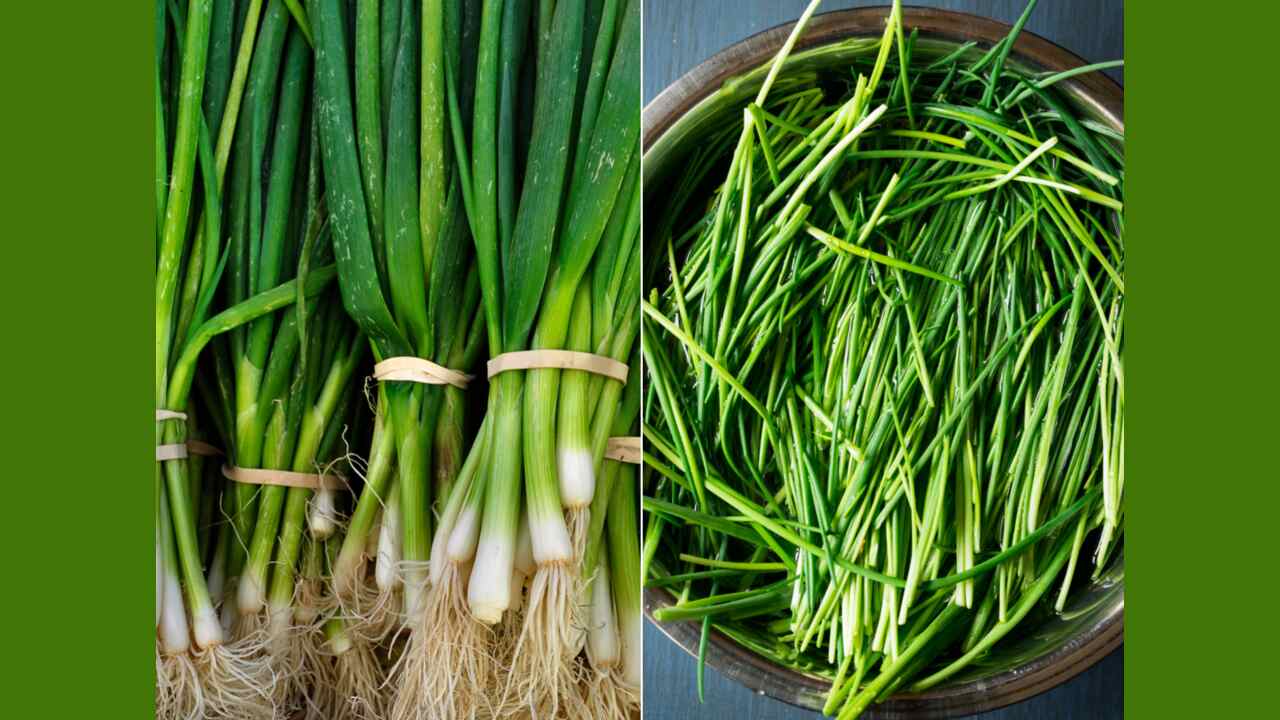
Regarding maximizing the productivity of your garden, selecting the right companion plants is essential. One such beneficial pairing that can significantly improve the harvest of peppers is chives. Chives, scientifically known as Allium schoenoprasum, are not only a versatile culinary herb but also an excellent companion plant for peppers. Chives offer numerous advantages when grown alongside peppers.
Firstly, they act as a natural deterrent to pests that commonly attack pepper plants, such as aphids and spider mites. Their strong aroma and sulfur compounds make them unappealing to these pests, effectively reducing the risk of infestation. Furthermore, chives display antibacterial properties, which help prevent the spread of diseases among pepper plants.
7.Dill
Regarding maximizing the harvests of pepper plants in the garden, choosing the right companion plants can make all the difference. One such beneficial companion for peppers is dill. Dill, scientifically known as Anethum graveolens, is a herbaceous plant that not only adds a touch of flavour to culinary dishes but also provides several advantages when grown alongside peppers.
One of the primary benefits of planting dill alongside peppers is its ability to attract beneficial insects. Dill’s delicate, feathery leaves and bright yellow flowers are known to attract pollinators such as bees and butterflies. These pollinators play a crucial role in the reproductive process of pepper plants, enhancing their fruit set and overall yield. Additionally, dill is known to repel pests such as aphids, spider mites, and cabbage worms, which are common nuisances for pepper plants.
8.Garlic

regarding cultivating peppers in the garden, it is important to consider companion plants that can enhance their growth and overall health. One such companion plant that has proven to be highly beneficial for peppers is garlic.
Garlic not only adds flavour to our culinary dishes but also acts as a natural deterrent against pests and diseases that can affect pepper plants. The pungent aroma of garlic acts as a repellent, keeping common pests such as aphids, spider mites, and whiteflies at bay. This, in turn, reduces the need for chemical pesticides, making it an eco-friendly choice for gardeners.
9.Geraniums
Geraniums have long been considered excellent companion plants for peppers in the garden, as they offer numerous benefits that can contribute to better harvests. These vibrant and versatile flowers are not only aesthetically pleasing, but they also serve as natural pest repellents, attract beneficial insects, and provide shade and support to pepper plants.
One of the main advantages of planting geraniums alongside peppers is their ability to repel harmful pests. The strong scent of these flowers acts as a natural deterrent for insects such as aphids, which are notorious for damaging pepper plants. By having geraniums nearby, the chances of aphid infestations are significantly reduced, leading to healthier and more productive pepper plants.
10.Leeks
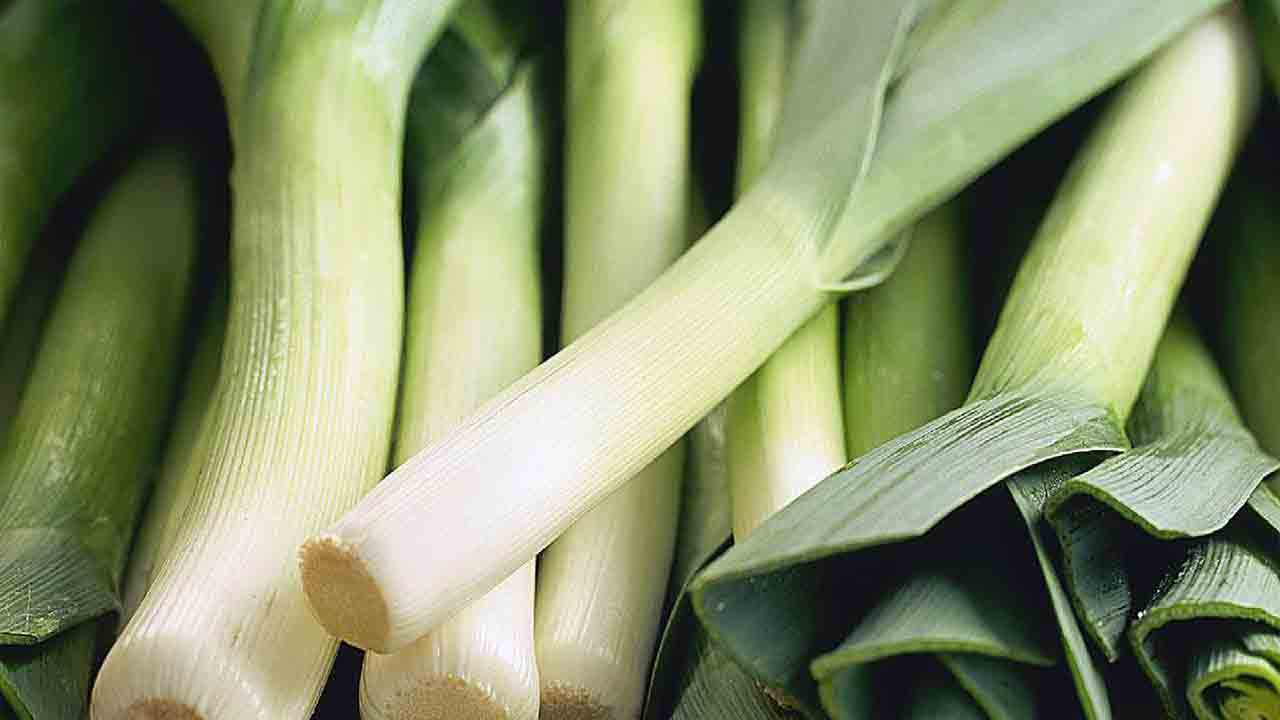
Regarding maximizing the productivity of your garden, choosing the right companion plants can make all the difference. One such beneficial pairing is that of leeks and peppers.
Leeks, with their tall and slender stalks, are not only a flavorful addition to many dishes but also offer a range of benefits to their neighbouring pepper plants. leeks act as excellent pest deterrents for peppers. Their strong aroma repels common garden pests like aphids, onion flies, and carrot flies. By interplanting leeks with peppers, you can create a natural barrier that protects your peppers from these unwanted visitors.
11.Lettuce
When planning a garden, it is crucial to consider companion plants that can enhance the growth and yield of certain crops. Lettuce is an excellent companion plant for peppers due to its ability to provide numerous benefits to the overall garden ecosystem.
Firstly, lettuce acts as a natural shade provider for pepper plants, shielding them from excessive sunlight and preventing the soil from drying out too quickly. This shade also helps to regulate the soil temperature, creating an optimal environment for the peppers to thrive.
Moreover, lettuce has shallow roots, allowing it to coexist harmoniously with pepper plants without competing for nutrients. This promotes better nutrient absorption for both crops, resulting in healthier and more productive pepper plants. Additionally, lettuce acts as a living mulch, suppressing weed growth around the peppers and reducing the need for manual weeding.
12.Nasturtium
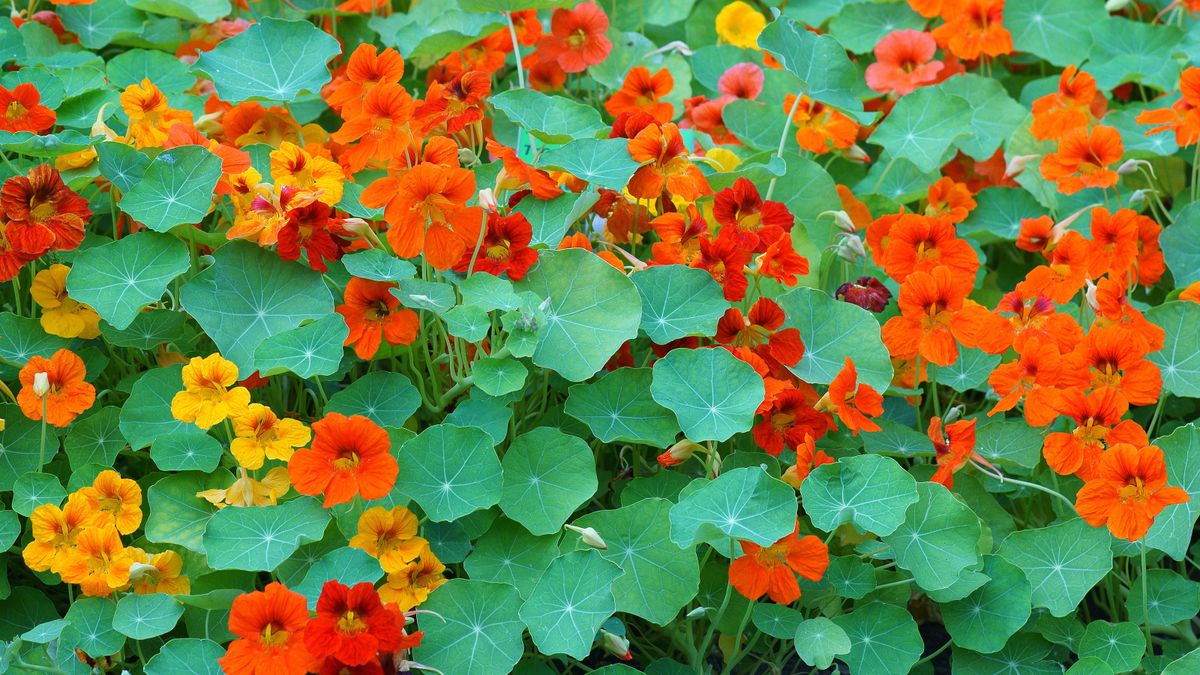
Nasturtium is a highly beneficial plant that serves as an excellent companion for peppers in the garden. When strategically planted alongside pepper plants, nasturtiums offer a range of advantages that contribute to better harvests and overall plant health.
These vibrant and attractive flowers not only enhance the aesthetic appeal of the garden but also provide numerous functional benefits. One of the key benefits of incorporating nasturtiums as companion plants is their ability to act as natural pest repellents.
These flowers release a pungent scent that deters common pests, such as aphids and whiteflies, which are notorious for damaging pepper plants. By intercropping nasturtiums with peppers, gardeners can effectively reduce the risk of pest infestations and minimize the need for chemical pesticides.
13.Onions
Companion planting is a well-known practice among gardeners aimed at maximizing the productivity and health of plants. When it comes to growing peppers, choosing the right companion plants can greatly enhance their growth and yield. One such beneficial companion for peppers is onions.
Onions, with their intense aroma and natural insect-repelling properties. It can play a pivotal role in ensuring better harvests in the garden. The synergy between peppers and onions is well-documented. Placing onions alongside pepper plants not only helps to deter pests but also aids in disease prevention.
Onions produce a sulfurous compound called allyl propyl disulfide, which acts as a natural insect repellent. This compound not only repels pests such as aphids, thrips, and onion flies but also helps to deter fungal diseases like powdery mildew and black spots that often plague pepper plants.
14.Parsley

Regarding cultivating a successful pepper garden, choosing the right companion plants can make all the difference. One valuable companion for peppers is parsley. Parsley, a popular culinary herb, not only adds flavour to dishes but also offers numerous benefits when planted alongside peppers.
Parsley’s lush foliage provides shade and helps to protect peppers from excessive heat, ensuring optimal growth and preventing sunscald. Additionally, parsley acts as a natural deterrent for pests that commonly plague pepper plants, such as aphids and spider mites. Its strong scent confuses and repels these pests, reducing the need for chemical insecticides.
Moreover, parsley attracts beneficial insects like ladybugs and lacewings, which feed on harmful pests, further enhancing the health and productivity of the pepper plants. Another advantage of planting parsley alongside peppers is its ability to improve soil quality.
15.Petunias
Regarding maximizing the yields of peppers in your garden, choosing the right companion plants is crucial. One such plant that can significantly enhance the growth and overall health of peppers is the petunia. Petunias, with their vibrant and colourful blooms, add not only aesthetic appeal to your garden but also provide several benefits as companion plants for peppers.
Petunias are known for their ability to attract beneficial insects, such as bees and butterflies, which play a vital role in pollination. By attracting these pollinators, petunias help ensure that your pepper plants are adequately pollinated, resulting in a higher fruit set and a more abundant harvest.
The Benefits Of Companion Plants
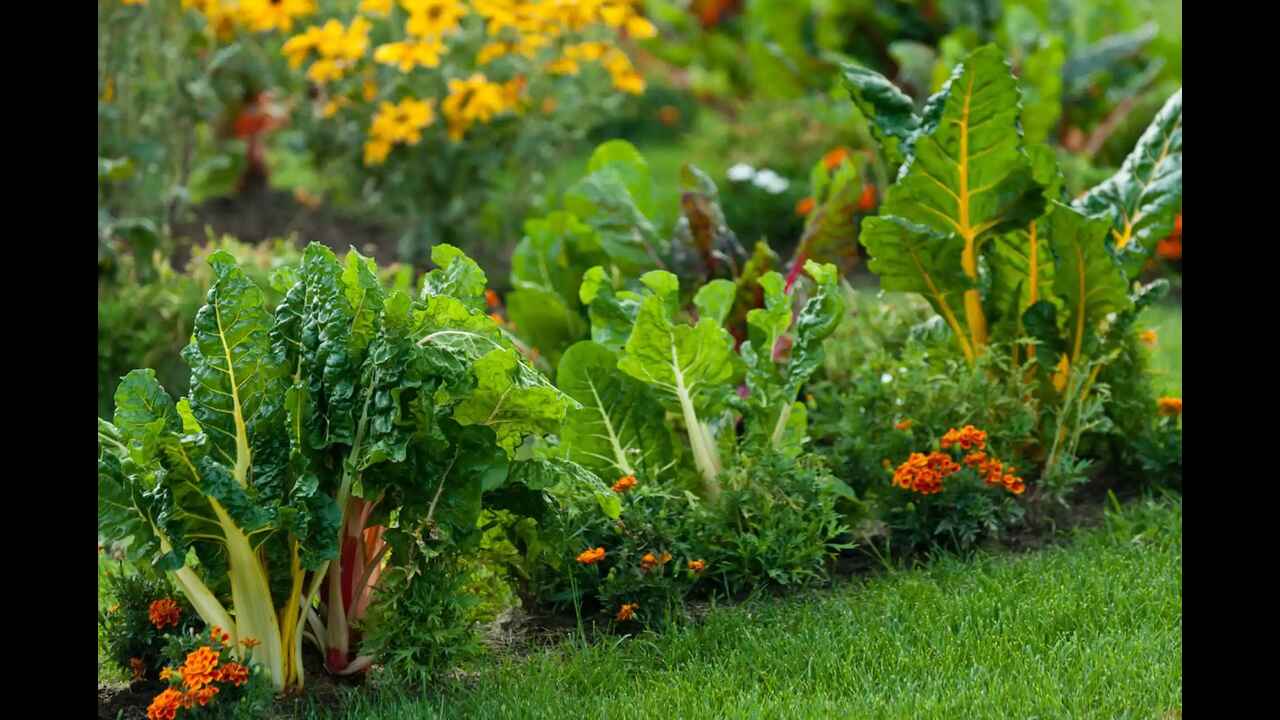
Understanding the benefits of companion plants is crucial for any gardener or horticulturist. Companion plants refer to the practice of planting different species alongside one another to enhance growth, health, and overall productivity by incorporating companion plants into your garden. You can create a harmonious and balanced ecosystem that promotes natural pest control, increases pollination, and optimizes nutrient absorption.
- Increased Plant Health: Companion plants can help repel pests, attract beneficial insects, and provide shade or support to neighbouring plants, leading to overall better plant health.
- Natural Pest Control: Some companion plants release chemicals or scents that repel pests, reducing the need for chemical pesticides.
- Improved Pollination: Certain companion plants attract pollinators such as bees and butterflies, increasing the chances of successful pollination and higher crop yields.
- Weed Suppression: Companion plants can help smother weeds by providing dense foliage, reducing the need for manual weeding or herbicides.
- Nutrient Enhancement: Some companion plants have deep root systems that help bring up nutrients from deeper soil layers, benefiting neighbouring plants with shallower roots.
- Increased Biodiversity: Planting companion plants can promote a more diverse ecosystem. Attracting a wider range of beneficial insects and creating a balanced environment.
- Maximizing Garden Space: Companion planting allows for efficient use of space by intercropping plants that have different growth habits or nutrient requirements.
Conclusion:
Incorporating companion planting techniques in your pepper garden can greatly benefit your overall harvest. By strategically planting compatible plants alongside your peppers, you can deter pests, improve soil health, and increase yields. One of the main benefits of companion planting in a pepper garden is its ability to deter pests.
Certain plants, like marigolds, act as natural repellents for common pests such as aphids, whiteflies, and tomato hornworms. These tried and gardeners have used true method for centuries, and it continues to be a valuable tool for promoting healthy and bountiful gardens.
So next time you plan your pepper garden, consider the benefits of companion planting and watch your harvest thrive. Suppose you read the above outline properly. We hope you now understand companion planting peppers in the garden for better harvests.
FAQ:
1.What Is Companion Planting For Peppers?
Ans: Companion planting for peppers refers to the practice of growing certain plants alongside pepper plants to enhance their growth and improve overall harvests.
2.Which Plants Are Good Companions For Peppers?
Ans: Some beneficial companions for peppers include basil, marigolds, tomatoes, and onions. These plants help repel pests, attract pollinators, and provide shade or support for the pepper plants.
3.How Does Companion Planting Benefit Pepper Plants?
Ans: Companion planting can benefit pepper plants in several ways. For example, basil repels pests like aphids, while marigolds deter nematodes. Tomatoes and onions can provide shade and help conserve moisture in the soil.
4.Are There Any Plants That Should Not Be Planted With Peppers?
Ans: Yes, there are certain plants that should be avoided when companion planting with peppers. These include fennel and kohlrabi, as they may have negative
5.Which Plants Are Good Companions For Peppers In The Garden?
Ans: Some beneficial companion plants for peppers include basil, marigolds, tomatoes, and onions. These plants help repel pests and provide shade and support.

